La distinction fondamentale : l'histoire de deux yeux
La différence fondamentale entre l'œil d'Horus et l'œil de Râ réside dans leurs origines mythologiques et les divinités qu'ils représentent. L'œil d'Horus, connu sous le nom de Ouadjet , est un symbole de guérison, de restauration et de protection. À l'inverse, l'œil de Râ incarne une forme plus agressive et destructrice de pouvoir divin, liée à l'énergie féroce du soleil et à l'autorité du dieu créateur Râ. L'un est un symbole de sacrifice et de guérison, tandis que l'autre est un instrument de rétribution et de souveraineté divines.Déballage de l'Œil d'Horus (Œil de Wadjet)
L'Œil d'Horus est l'un des symboles de bien-être et de plénitude les plus persistants de l'Égypte antique. Son histoire est celle du conflit, de la perte et de la restauration ultime.Origines mythologiques
La légende se concentre sur Horus, le dieu du ciel à tête de faucon, et son combat épique contre son oncle Seth pour venger la mort de son père, Osiris. Au cours de ce conflit acharné, Seth arracha l'œil gauche d'Horus, le déchirant en six morceaux. L'œil fut ensuite restauré par magie par le dieu Thot, un acte symbolisant le processus de guérison et de rétablissement. Cet œil restauré, le Ouadjet, devint une puissante amulette de protection, de guérison et de régénération .Symbolisme et signification
En raison de son mythe, l’Œil d’Horus est universellement reconnu comme un symbole de :- Guérison et restauration : Il représente le pouvoir de se remettre d'une maladie ou d'une blessure et de ramener les choses à un état d'équilibre.
- Protection : Elle était largement utilisée comme amulette protectrice pour éloigner le mal, les énergies négatives et les blessures physiques. Les marins la peignaient souvent sur leurs bateaux pour garantir la sécurité de leur traversée.
- Plénitude et bien-être : Les six parties de l’œil étaient également considérées comme représentant les six sens dans la pensée égyptienne : le toucher, le goût, l’ouïe, la vue, l’odorat et la pensée.
- Sacrifice : Il reconnaît le sacrifice consenti par Horus dans son combat pour la justice.
Représentation visuelle
L'Œil d'Horus est systématiquement représenté comme l' œil gauche , le reliant à la lune, qui croît et décroît également, reflétant son histoire de destruction et de restauration. Il se caractérise par ses marques distinctives, notamment une marque en forme de larme sous l'œil, caractéristique du Faucon lanier, l'oiseau souvent associé à Horus.
Bracelet de protection en cuivre Œil d'Horus | Sons de guérison
$39.90 $57.90
Portez l'Œil d'Horus pour une protection quotidienne : ce bracelet en cuivre allie symbolisme ancien et style de guérison moderne.
Explorer le produitComprendre l'Œil de Râ
Si l'Œil d'Horus symbolise la guérison, l'Œil de Râ symbolise un pouvoir immense et souvent terrifiant. Plus qu'un simple œil, il s'agit d'une force de la nature à part entière, agissant comme une extension de la volonté du dieu soleil.Origines mythologiques
L'Œil de Râ a une origine différente, plus redoutable. Selon le mythe, lorsque l'humanité commença à lui manquer de respect et à conspirer contre lui, il envoya son œil pour les punir. L'œil se transforma en la féroce déesse lionne, Sekhmet, qui déchaîna une vague de destruction sur le pays. Cette histoire met en avant l'Œil de Râ comme un puissant agent du dieu soleil, capable à la fois de créer et de détruire. Comme l'ont souligné les spécialistes de l'histoire antique , Râ était le roi suprême des dieux, et son œil était son exécuteur.Symbolisme et signification
L'Œil de Râ est un symbole de :- Pouvoir et autorité féroces : il représente le pouvoir absolu et la souveraineté du dieu soleil sur le cosmos.
- Création et destruction : Tout comme le soleil donne la vie, sa chaleur intense peut aussi apporter mort et destruction. L'Œil de Râ incarne cette dualité.
- Protection : Bien qu'elle puisse être destructrice, elle est également considérée comme une force protectrice, souvent associée au cobra (Uraeus) qui ornait la couronne du pharaon, crachant du feu sur ses ennemis.
- Pouvoir divin féminin : L'Œil de Râ est souvent personnifié par de puissantes déesses telles que Sekhmet, Hathor, Wadjet et Bastet , ce qui en fait un symbole de l'énergie divine féminine.
Représentation visuelle
L'Œil de Râ est traditionnellement représenté comme l' œil droit , directement relié au soleil. Visuellement, il ressemble beaucoup à l'Œil d'Horus, mais il est souvent représenté avec un cobra à ses côtés ou l'encerclant, symbolisant son lien avec l'Uraeus et son autorité royale et protectrice.Comparaison côte à côte : Œil d'Horus contre Œil de Râ
Pour bien comprendre les distinctions, comparons directement les deux symboles. Cela vous permettra de saisir d'un coup d'œil les différences entre l' œil d'Horus et l'œil de Râ .| Fonctionnalité | Œil d'Horus | Œil de Râ |
|---|---|---|
| Divinité associée | Horus, le dieu du ciel | Râ, le dieu du soleil |
| Représentation des yeux | Œil gauche | Œil droit |
| Signification fondamentale | Guérison, restauration, protection, plénitude | Puissance féroce, destruction, création, autorité |
| Corps céleste associé | La Lune | Le Soleil |
| Contexte mythologique | Restauré après avoir été perdu dans la bataille avec Set | Envoyé par Ra pour punir l'humanité ; une extension de son pouvoir |
| Puissance primaire | Magie défensive et réparatrice | Puissance agressive et souveraine |

Points clés à retenir
La façon la plus simple de se rappeler la différence est la suivante : Œil d'Horus = Œil gauche = Lune = Guérison et protection . Œil de Râ = Œil droit = Soleil = Puissance et autorité féroces . Cette distinction permet de clarifier l'énergie à laquelle vous souhaitez vous connecter.
Quel œil vous convient le mieux ? Applications modernes
Dans la spiritualité moderne, choisir entre l’Œil d’Horus et l’Œil de Râ dépend entièrement de votre intention personnelle.- Si vous recherchez la guérison, l'équilibre émotionnel, la guérison après une période difficile ou une protection générale contre la négativité, l'Œil d'Horus est le symbole idéal. Son énergie est douce, réparatrice et défensive.
- Si vous cherchez à vous connecter à une énergie plus affirmée, puissante et proactive , ou à puiser dans la férocité divine féminine (incarnée par des déesses comme Sekhmet), l'Œil de Râ pourrait être plus approprié. Il est symbole de leadership, de force et de pouvoir d'agir.

Améliorez votre pratique spirituelle avec ces outils
$26.90
$38.90
Gardez toujours avec vous une protection ancienne : ce pendentif en acier titane présente l'emblématique œil d'Horus pour plus de résistance. En savoir plus ➔
$12.90
$20.90
Améliorez votre énergie et votre clarté avec cette sculpture en trolléite Eye of Horus, un talisman spirituel unique et un présentoir d'autel. En savoir plus ➔
Conclusion : Deux chemins puissants vers la connexion divine
Le débat opposant l'Œil de Râ à l'Œil d'Horus révèle la magnifique complexité de la spiritualité égyptienne. Il ne s'agit pas de symboles interchangeables, mais d'emblèmes distincts aux énergies uniques. L'Œil d'Horus offre le pouvoir doux et réparateur de la lune, symbole d'espoir, de guérison et de protection. L'Œil de Râ canalise la puissance redoutable du soleil, représentant l'autorité, la création et l'instinct protecteur féroce d'un parent divin. En comprenant leurs différences, vous pourrez choisir le symbole qui correspond le mieux à vos besoins et à vos intentions, ouvrant ainsi une connexion plus profonde avec la sagesse antique de l'Égypte.Questions fréquemment posées sur l'Œil d'Horus et l'Œil de Râ
Non, ils ne sont pas identiques. L'Œil d'Horus est l'œil gauche, symbolisant la lune, la guérison et la restauration. L'Œil de Râ est l'œil droit, symbolisant le soleil, la puissance et l'autorité. Ils proviennent de différents mythes et représentent différentes divinités et concepts.
Oui, il est parfaitement acceptable de porter l'Œil de Râ. Il est considéré comme un puissant symbole de protection, d'autorité et d'énergie féminine divine (par l'intermédiaire de déesses comme Sekhmet et Hathor). On le porte pour se connecter à ses énergies de force, de leadership et de pouvoir proactif.
L'Œil d'Horus, ou œil de Wadjet, symbolise la guérison, la protection, la restauration et la plénitude. Son mythe implique qu'il est déchiré puis réassemblé par magie. Il symbolise donc la guérison après une maladie ou une épreuve et le pouvoir de reconstruire. C'est une puissante amulette de sécurité et de bien-être.
L'Œil de Râ est principalement considéré comme un symbole de puissance féminine. Bien qu'il soit une extension du dieu masculin Râ, l'œil lui-même est presque toujours personnifié par de puissantes déesses, comme Sekhmet à tête de lionne ou Hathor, la protectrice. Il représente l'aspect actif, puissant et souvent féroce du féminin divin.
La principale différence réside dans leur origine, leur signification et leur représentation. L'œil d'Horus est l'œil gauche (lune), symbolisant la guérison et la protection. L'œil de Râ est l'œil droit (soleil), symbolisant la puissance féroce, l'autorité et la création/destruction. L'œil d'Horus fut restauré après une bataille, tandis que celui de Râ était l'agent de sa volonté.

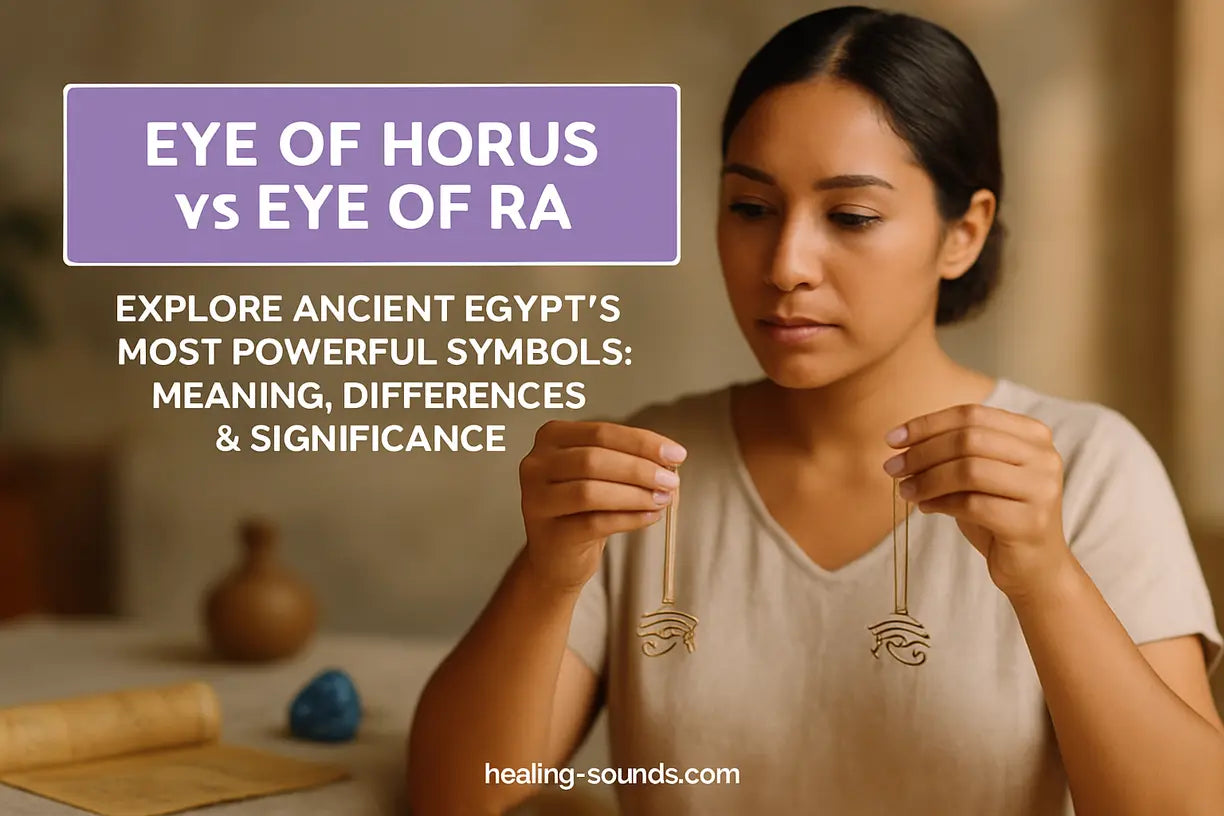
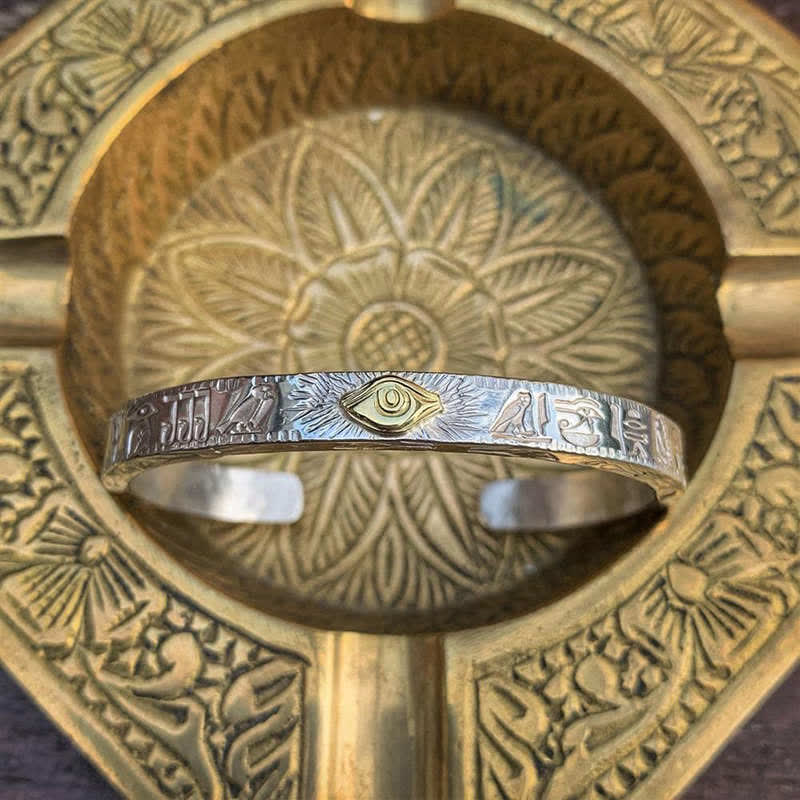
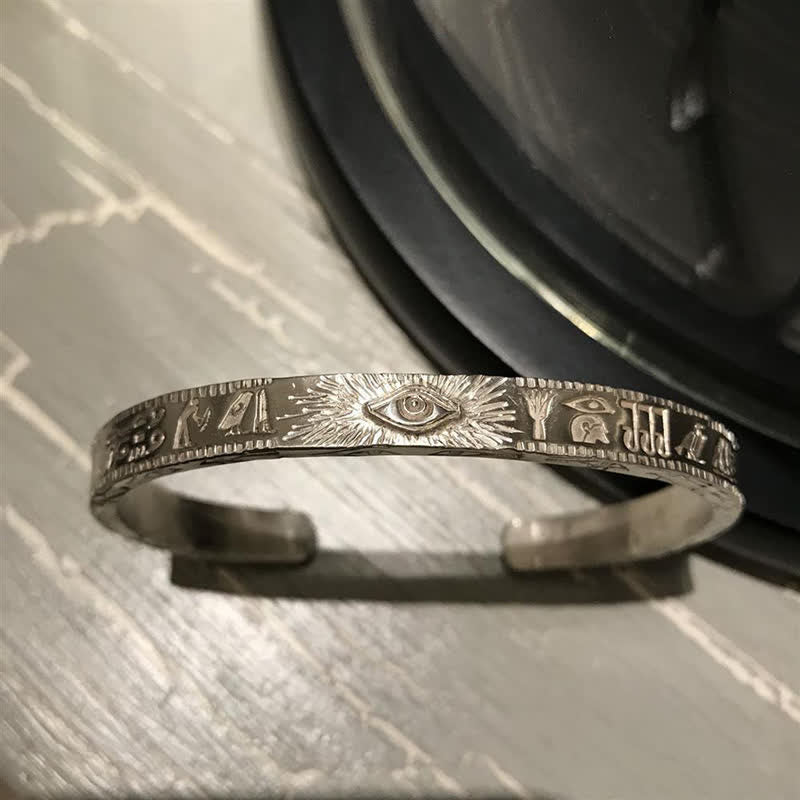
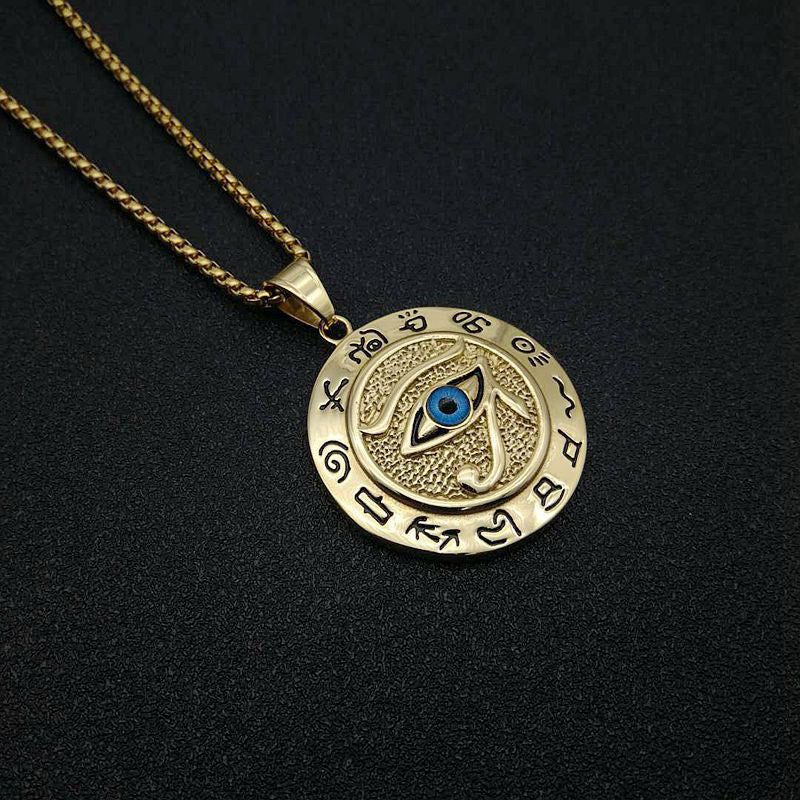
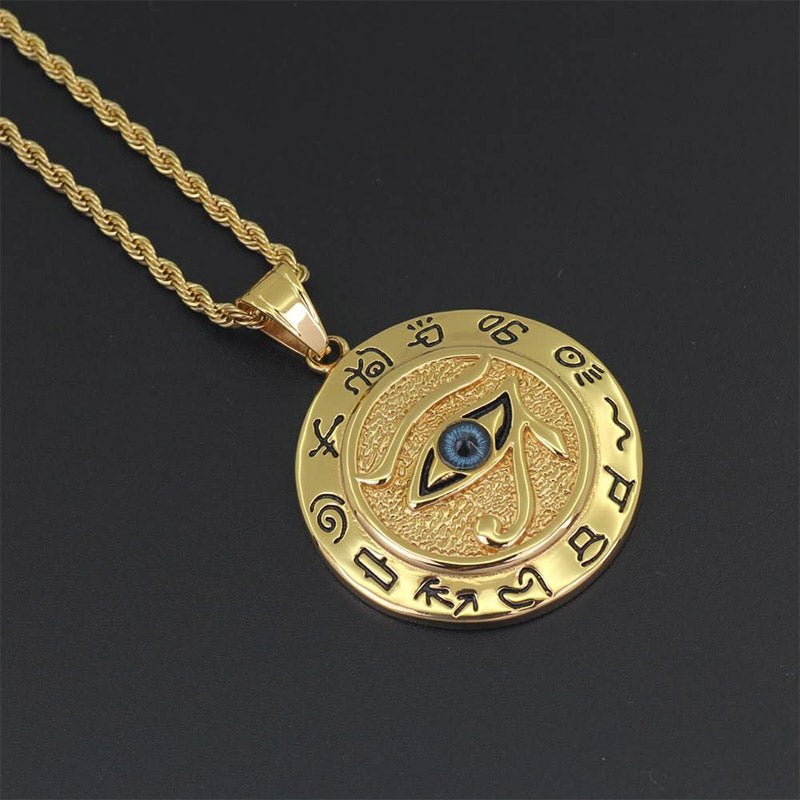
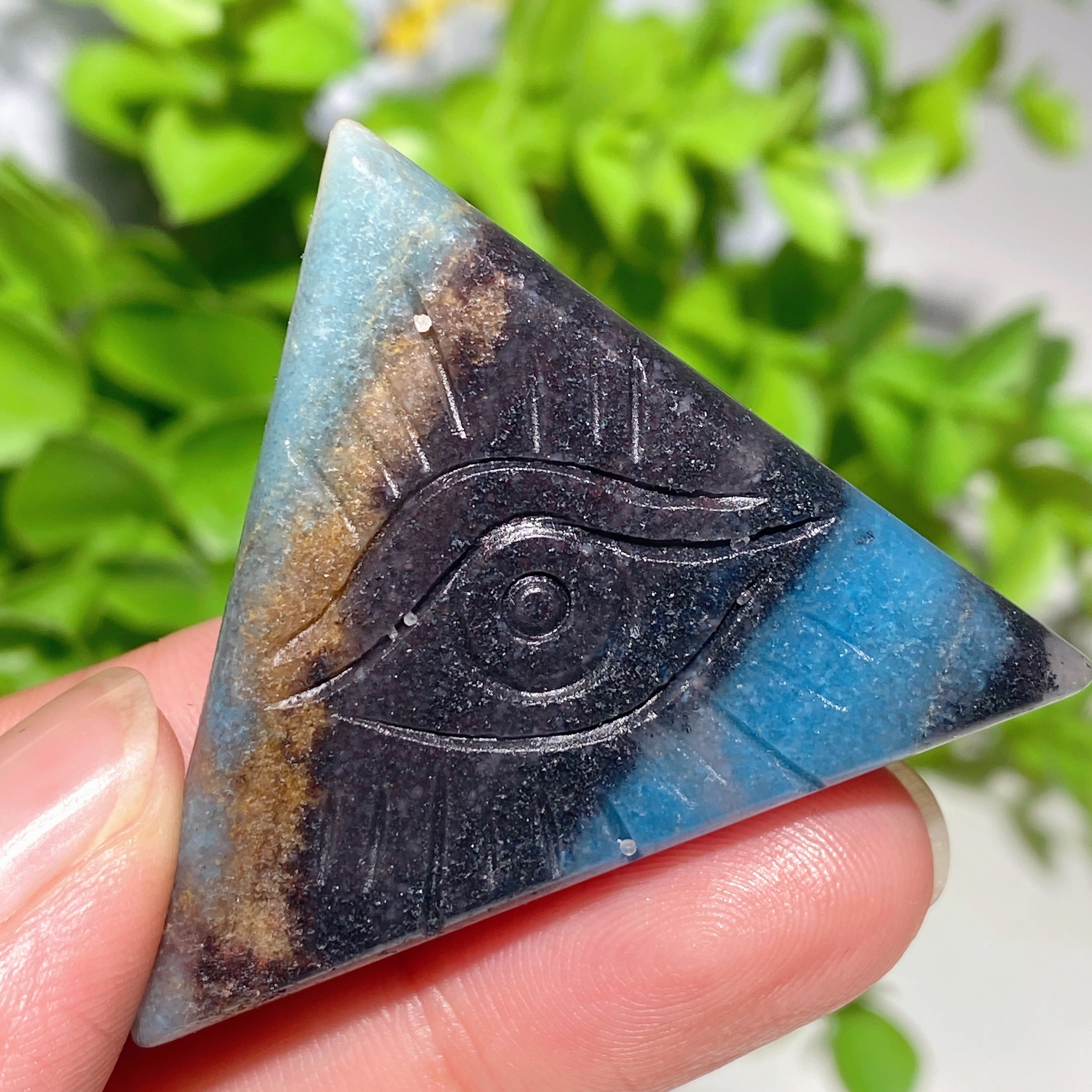
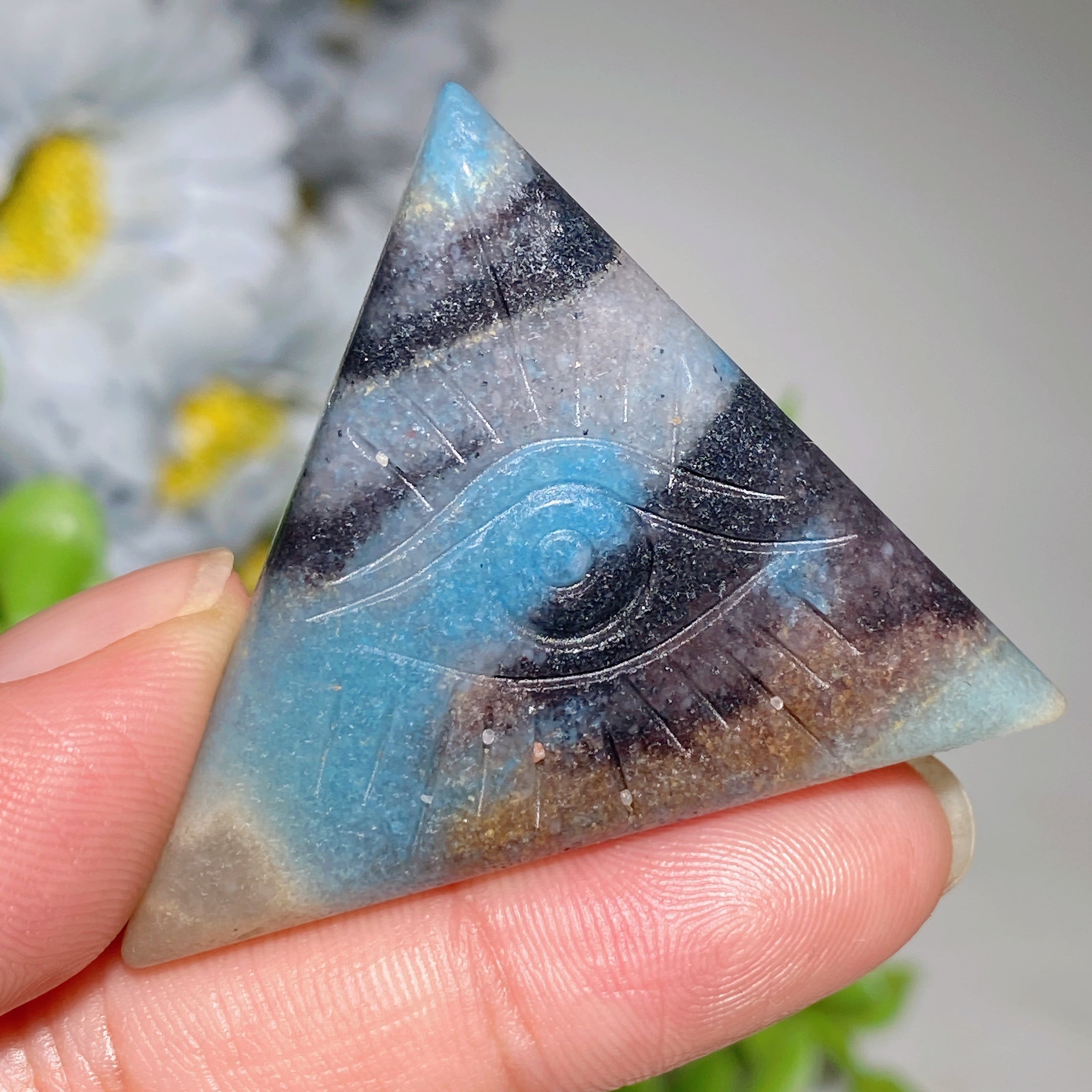
1 commentaire
magi
your infographic showing the eye of ra and the eye of horus are the wrong sides